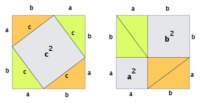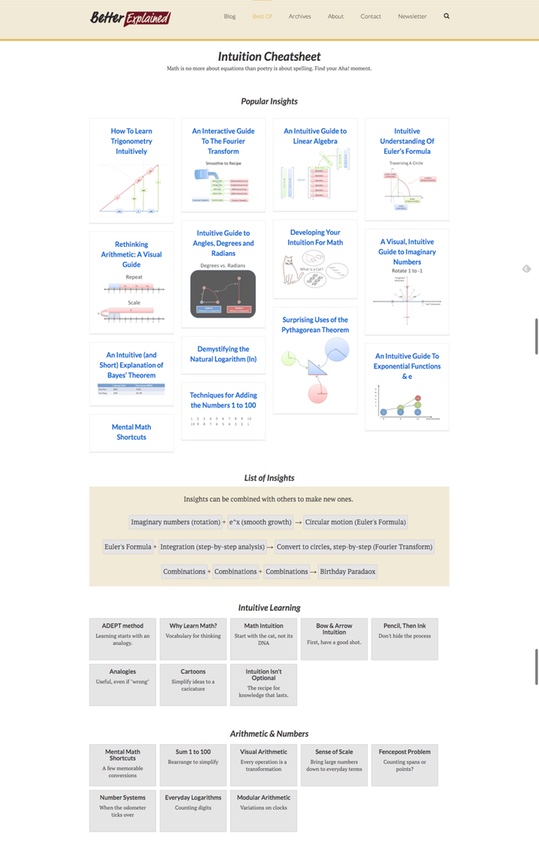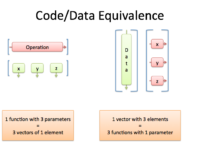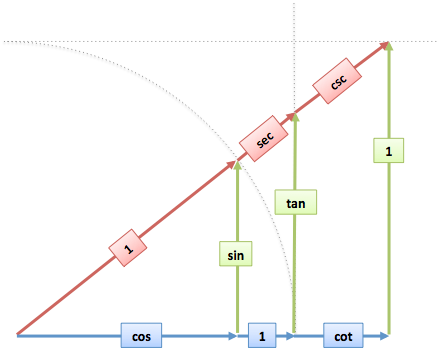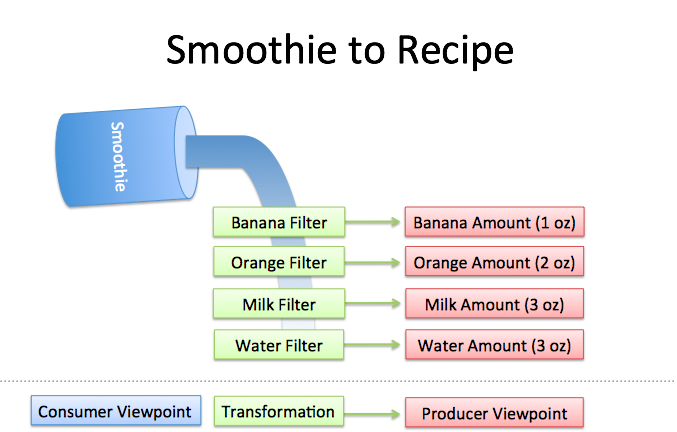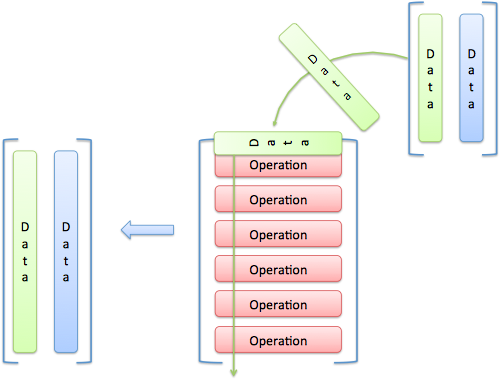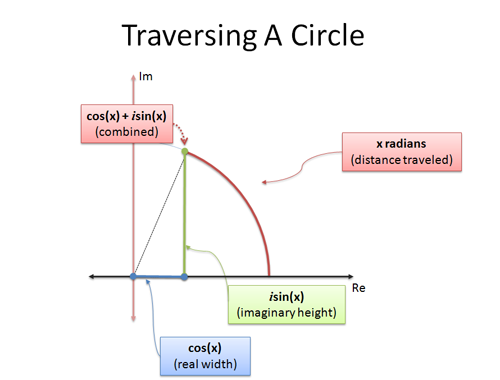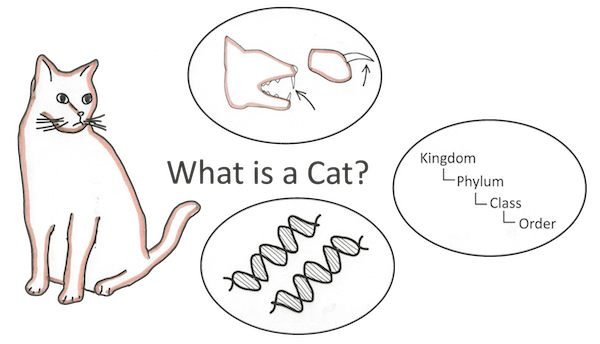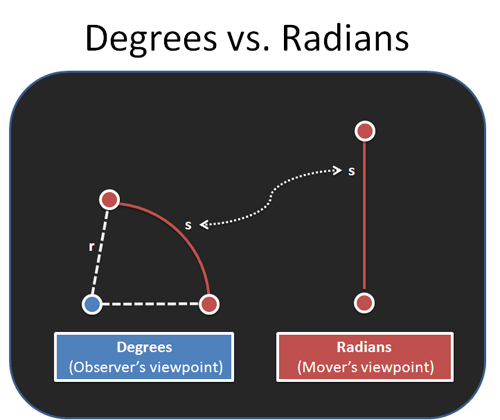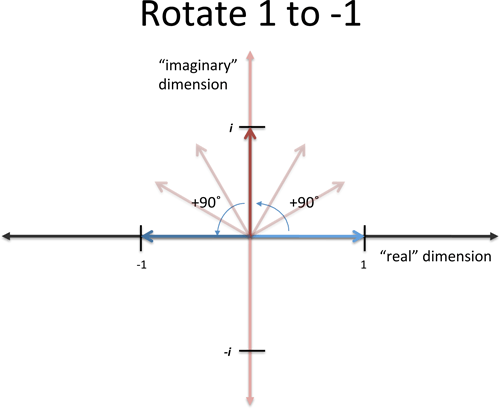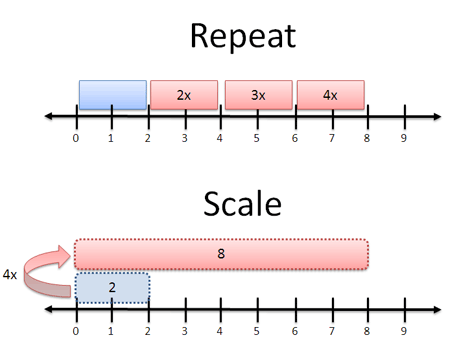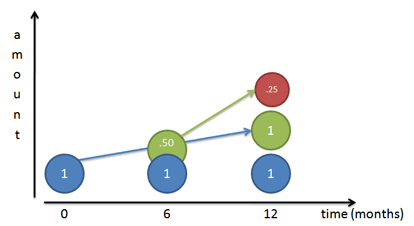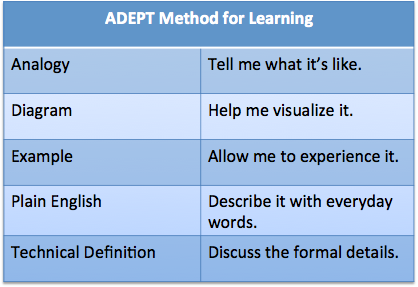Latest Blog Posts (see all)
Popular Articles
How To Learn Trigonometry Intuitively
Intuitive Learning
ADEPT method
Learning starts with an analogy.Why Learn Math?
Vocabulary for thinkingMath Intuition
Start with the cat, not its DNABow & Arrow Intuition
First, have a good shot.Pencil, Then Ink
Don't hide the processAnalogies
Useful, even if "wrong"Cartoons
Simplify ideas to a caricatureIntuition Isn't Optional
The recipe for knowledge that lasts.Arithmetic & Numbers
Mental Math Shortcuts
A few memorable conversionsSum 1 to 100
Rearrange to simplifyVisual Arithmetic
Every operation is a transformationSense of Scale
Bring large numbers down to everyday termsFencepost Problem
Counting spans or points?Number Systems
When the odometer ticks overEveryday Logarithms
Counting digitsModular Arithmetic
Variations on clocksAlgebra & Counting
Combinations
Multiply possibilities, divide redundanciesPrimes
Atoms within numbersThe Equals Sign
Set, check, or define?Factoring Equations
Break down the tepeeParametric Equations
Extract the true causeTypes of Graphs
Map (distance matters) or non-mapSquare Numbers
Use geometry, algebra, calculusNavigate a Grid
Convert decisions to letters & permuteCombinations & Multiplication
Choices multiply.Ratios
How much oomph, how often?Geometry
Pythagorean Theorem
How every shape changesPythagorean Distance
Compare any quantitiesSimilarity
Step back. Smaller shape, same ratios.Pythagorean Rescale
Work from a unit trianglePrecalculus & Trigonometry
Radians
Angles from the mover’s perspectiveFinding Pi
Surround that critterSine Waves
The natural sway found in circles, springsThe Number e
Perfectly smooth growthNatural Log
Time needed to growImaginary Numbers
Numbers can rotateComplex Numbers
Arithmetic goes 2dComplex Multiplication
Scale & rotateExponents
Grow numbers in the expand-o-tronThink With Exponents
Logs are causes, exponents are effectsTrigonometry
Visualize a dome, wall, and ceilingLaw of Sines
Every angle has an equal perspective.Law of Cosines
Keep track of interacting parts.Trig Identities
Draw the circles yourself.Statistics
Statistics
See footprints, guess the animalAverages
"Typical" depends on the relationshipBirthday Paradox
23 people, many possibilitiesBayes Theorem
Extra info? Adjust the odds.Short Bayes’ Theorem
Track new info in a tableMonty Hall
Original door vs. best of the other twoCalculus Course
Calculus Guide
Learn the basics, fast.Lesson 1
1-Minute SummaryLesson 2
X-Ray VisionLesson 3
3D intuitionLesson 4
Integrals, DerivativesLesson 5
Computer NotationLesson 6
Improved AlgebraLesson 7
Linear ChangesLesson 8
Squared ChangesLesson 9
InfinityLesson 10
DerivativesLesson 11
Fundamental Theorem of CalculusLesson 12
Rules: Add, Multiply, InvertLesson 13
Patterns In the RulesLesson 14
Rules: Powers, DivisionLesson 15
Archimedes' FormulasCalculus Summary
The big insights. All together now.Calculus (Articles)
1 Minute Calculus
Analyze patterns with x-ray and time-lapse vision0.999… = 1?
What's your number system?Limits
Guess what happened when you blinkedLimits / Infinitesimals
Make a model perfectIntegration
Piece-by-piece multiplicationDerivative Intro
Measurements depend on the instrumentDerivatives II
Imagine linked machinesDerivatives III
Quotient, exponents, logsCalculus Bank Account
Raises change income, changing the balanceVector Calculus
Circulation & Curl
Total twist, twist at a pointThe Gradient
Microwave the doughboy, quickGradient Details
Follow the best tradeoffFlux
Amount of bananas crossing a surfaceDivergence
Flux per unit volumeDot Product
Mario Kart speed boostCross Product
All the uneven partsEngineering / University Math
Linear Algebra
Math with mini-spreadsheetsEuler’s Formula
Imaginary exponents make circlesFourier Transform
Patterns have circular ingredientsProgramming Tools
Version Control
Track files over timeDistributed VCS
Pass around changesGit Insights
#1: There's a staging areaGDB Debugging
A quickstart guideWeb Development
Faster Javascript
Minify, compress, move to endHTTP Caching
Don't redownload until expiredGzip Compression
Zip files before sendingStarting Ruby on Rails
Get past the gotchasUnderstanding MVC
Fat models, thin controller, thin viewJavascript Reference
1-page summaryLoad XML/JSON
Treat a script as dataXSRF Attacks
Attacker spoofs a legit requestDebugging with Firefox
Use firebugMaking Bookmarklets
A quick javascript snippetLow-level Programming
GUIDs
You'll never run out. Ever.Binary Files
Space efficiency vs. marshallingByte Order
Computers speak different languagesUnicode
Not every char is 2 bytesXOR Swap
Cleverness, not for real lifeFast 1/sqrt(x)
Newton's method, magic initializerSymbol Tables
Deobfuscate object codeNetworking
Telnet is an IM conversationBusiness
Rule of 72
time = 72/interestPareto Principle
Sometimes 80% is enoughStock Market
A transparent storeAccounting Basics
Everything is owned by someoneInterest Rates
A formula for every type of interestDebt & Leverage
Invested debt multiplies returnAssorted Musings
Why Is BetterExplained Different?
Most lessons give you a list of details, top-down. BetterExplained shares the big picture up front, then sharpens it up. Here’s the difference:
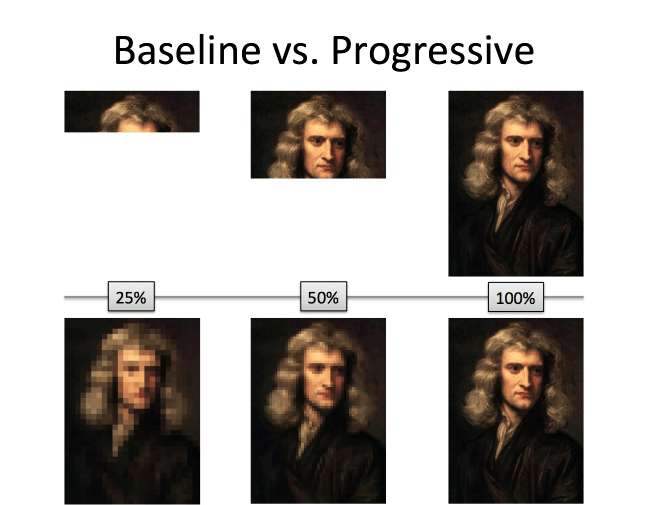
Presenting facts in order seems logical, but doesn’t work for me. I need the Aha! moment early on — then we can focus on the details. Here’s the strategy:
Learning isn’t about memorizing facts to simply pass a class. It’s about the joy, enthusiasm and motivation that ignites when an idea truly clicks. If this approach resonates with you, welcome!
About Kalid
I enjoyed math until a poorly-taught class nearly destroyed that passion. A last-minute Aha! moment showed me math could make sense, even be enjoyable, when presented with:
- A friendly, curious attitude
- A mix of intuitive and technical understanding
- A focus on lasting insight
I share explanations that helped, hoping they help you too. I’m thrilled that BetterExplained now reaches millions every year, and has appeared in blogs for the New York Times and Scientific American. Read more…



